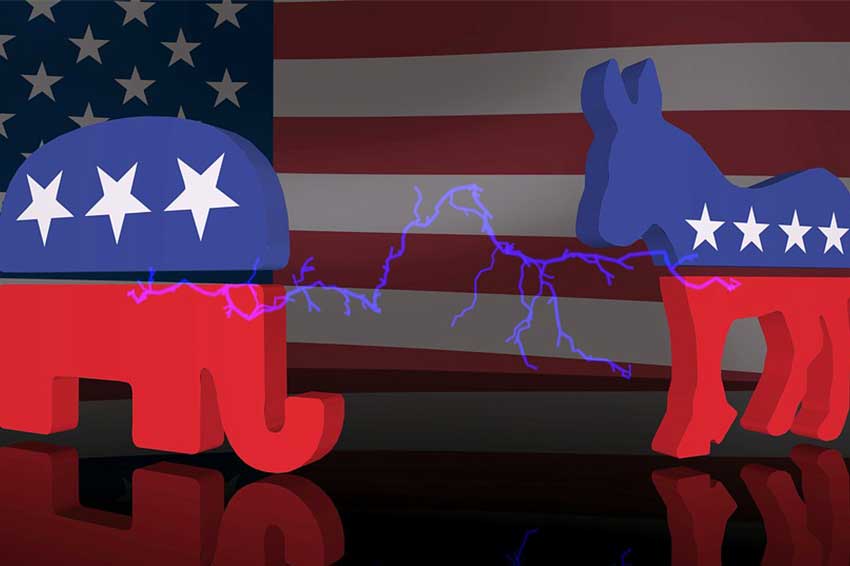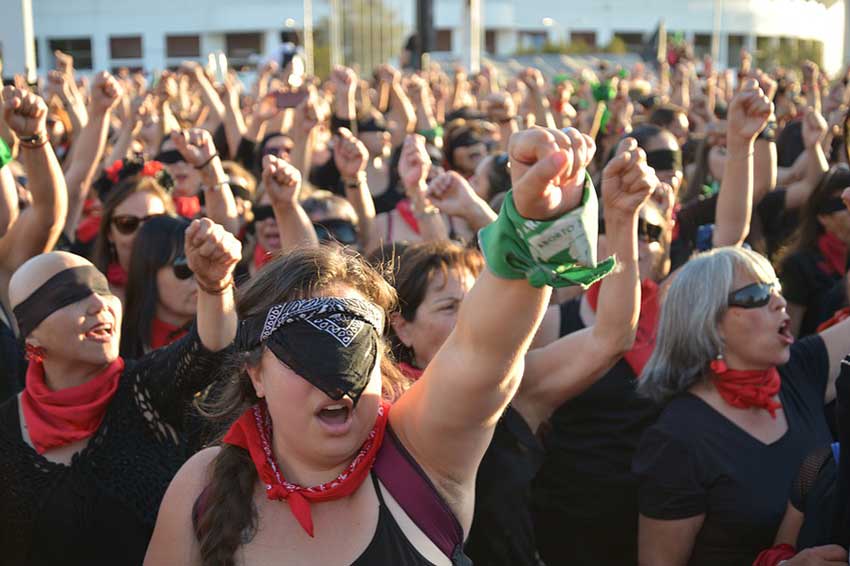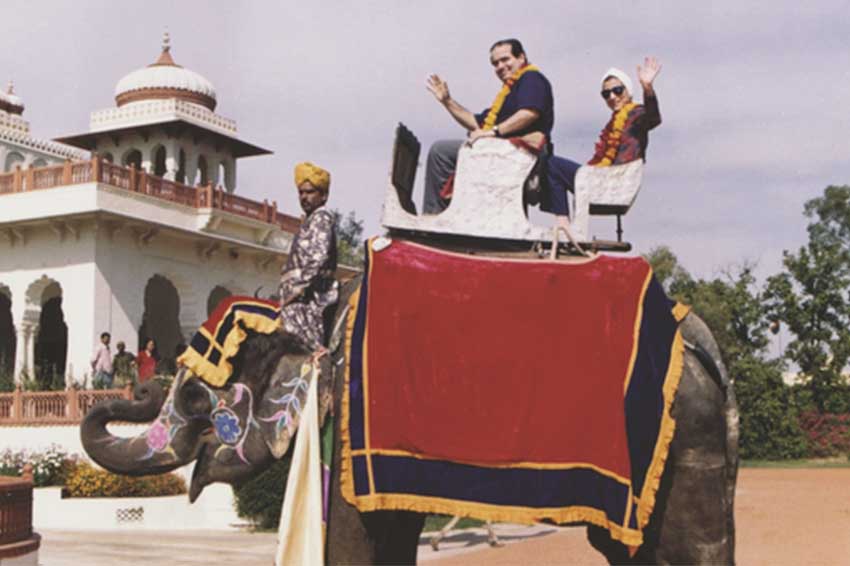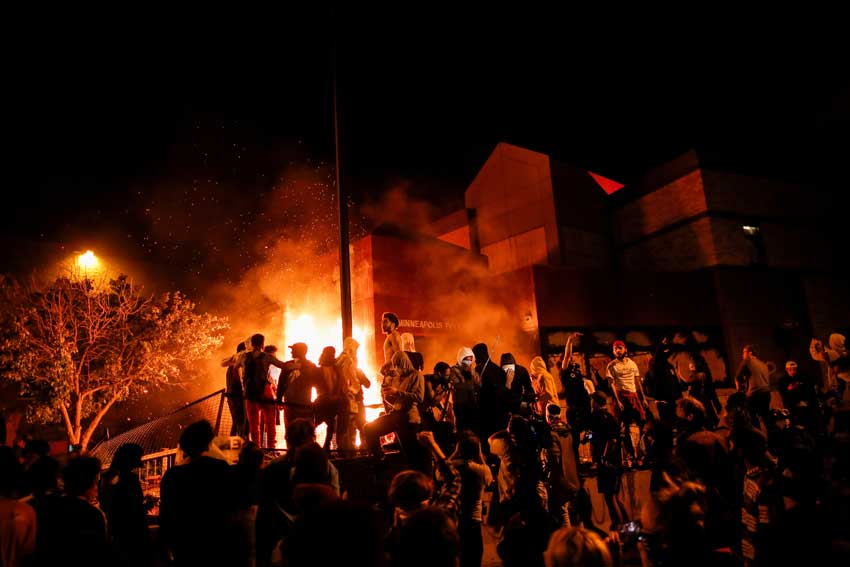
Although there was no need for further proof, the current US presidential election cycle, and its associated debates, has spotlighted a growing social concern: the lost art of civil disagreement.
The raucous interjections of Trump and Biden, and politicians and commentators of all persuasions, is the tip of the iceberg pointing to a disturbing social trend – a contempt for the ideas of others which, in itself, presents a serious threat to freedom of speech and freedom of expression.

Be assured, Voltaire’s well-worn adage (‘Although I may disagree with what you say, I will defend till the death your right to say it’) is dying if not dead. The culture within many Western liberal democracies has been compromised. Our commitment to freedom of speech, robust debate and independent critical inquiry is increasingly threatened by a pervasive ‘cancel culture’.
there is an aggressive push for cultural conformity, and those who contest this are stigmatised and marginalised
Sadly, there is little tolerance for divergent views. Instead, there is an aggressive push for cultural conformity. Those who contest this are stigmatised and marginalised. Typically, they are branded with or grouped under pejorative labels – ‘bigot’, ‘misogynist’ and ‘homophobe’ common among them. Such labels are used to divide the world, the people in it and the way people see the world.
For many, all too many, a rigid dichotomy exists between friends and enemies, and they treat each group accordingly. Perhaps the most commonly perceived and named dichotomy is that of ‘liberals’ and ‘conservatives’. Yet such divisions and labels are unhelpful and – from time to time – misleading. They merely foster both suspicion of others and contempt for their ideas and ideals.

In addition to the frenetic activity associated with the US presidential election, ‘the great divide within our society’ was highlighted in changes to the Supreme Court of the United States. The death of Justice Ruth Bader Ginsburg, the ‘progressive icon’ of the bench, led to the nomination and confirmation of Justice Amy Coney Barrett, a Catholic and mother of seven. Personal background, judicial qualifications and experience aside, Barrett was quickly labelled ‘conservative’ and therefore automatically deemed unsuitable by those ‘on the other side’. Her confirmation to the Supreme Court was divided on party lines while the Court is viewed by most as being divided into ‘progressive’ and ‘conservative’ sides.
But things were not always this way. The judiciary was above politics and judicial appointments were not scrutinised according to the personal views or religious convictions of nominees. Furthermore, even when the court had a level of tribalism in judicial thinking, the justices themselves never lost the art of civil disagreement.
There is no better example of this than the relationship between Justice Ruth Bader Ginsburg and Justice Antonin Scalia. Each was held up as an icon and standard bearer by their respective supporters. Yet despite their ideological differences they shared a great and long-lasting friendship and love for each other. They also shared the same position in some 70 per cent of the cases they heard and often complained that the media and the public exaggerated division and difference at the expense of unanimity.
Many simply have an aversion to contested ideas, preferring instead to impose their worldview and censor that of others
Unfortunately, relationships such as that shared by Ginsburg and Scalia are all too rare in this world. Many simply have an aversion to contested ideas, preferring instead to impose their worldview and censor that of others. A great paradox of our age is that many of those who promote an ideology of ‘diversity’ demand uniformity.
The rise of intolerance has been rapid, motivated in part by ‘identity politics’ and fuelled by both social and mainstream media. Intolerance has also been fuelled by various political and social issues which have deeply divided public opinion. Many of these have related to religious concerns, the intersection between faith and culture, and the place of religion in the public square.

But this problem is not confined to religious matters, for it would seem that no facet of our society is immune from the problem of intolerance to difference. People have convinced themselves that arguments are won – not on the merit of the case or the plausibility of the proposition – but on who can shout the loudest or the longest, or who can silence the other. Such behaviours are to our detriment however. The freedom to express opinions and contest ideas is not just a fundamental human right that helps us grow, it also strengthens our society as a whole. So let us speak – and let us listen.
Related Stories:
